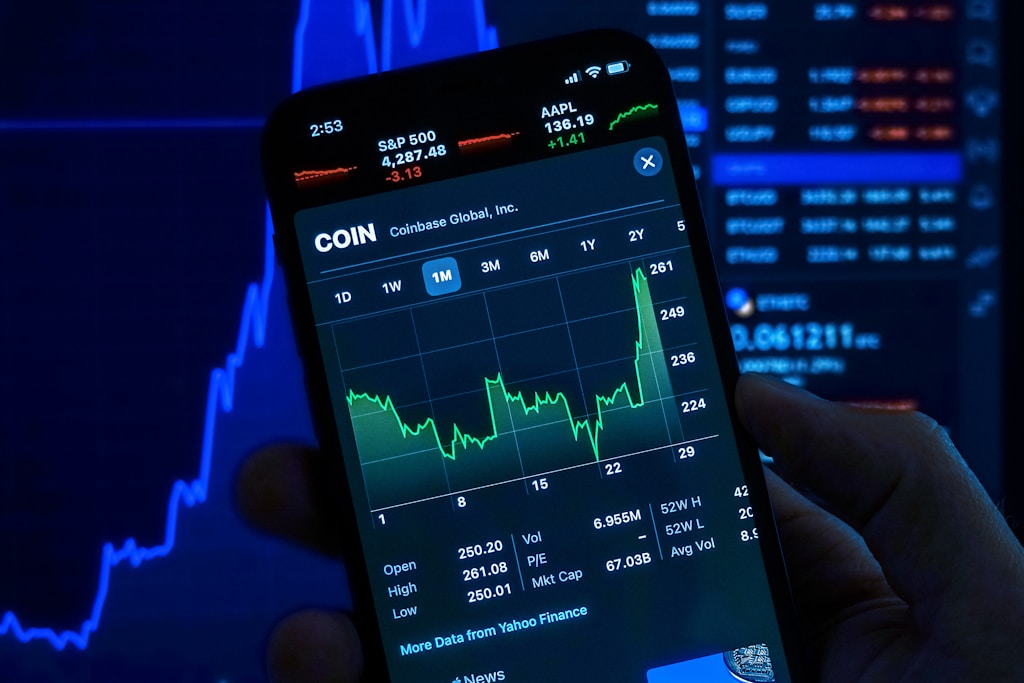In a shocking incident highlighting the growing risks to cryptocurrency holders, an American tourist lost $123,000 worth of digital assets after falling victim to a sophisticated scam involving a fake Uber driver in London. The incident, which occurred on May 9, 2025, serves as a stark reminder of the importance of crypto security measures and ride-sharing safety protocols.
Incident Details: How the Crypto Theft Unfolded
Jacob Irwin-Cline, the victim, made a critical error when he entered what he believed was his Uber ride around 1:30 AM in central London. Despite the driver’s resemblance to the profile shown in his app, he failed to verify the vehicle’s plate number – a mistake that would cost him dearly.
The incident comes at a time when Bitcoin has reached new all-time highs of $111,980, making cryptocurrency holders increasingly attractive targets for criminals.
SPONSORED
Protect your crypto with institutional-grade security and up to 100x leverage on perpetual contracts
The Attack Method: Drugged and Robbed
According to police reports, the perpetrator offered the victim a cigarette laced with scopolamine, a powerful sedative known to induce confusion and memory loss. Within minutes of consuming the drugged cigarette, Irwin-Cline lost consciousness. He awoke 30 minutes later to find his phone destroyed and his crypto wallet compromised.
Security Implications for Crypto Holders
This incident underscores the risks of storing large amounts of cryptocurrency on mobile devices. Security experts recommend:
- Using hardware wallets for significant holdings
- Implementing multi-factor authentication
- Keeping minimal crypto assets on mobile devices
- Regular security audits of digital wallets
Ride-Sharing Safety Protocol
To prevent similar incidents, experts advise:
- Always verify the license plate number
- Match the driver’s photo with the app
- Share trip details with trusted contacts
- Use official ride-sharing pickup points
Growing Trend of Physical Crypto Crimes
This case is part of an alarming trend of physical attacks targeting cryptocurrency holders. Recent incidents include kidnappings in France and attempted abductions of crypto executives’ family members, suggesting criminals are increasingly willing to use violence to access digital assets.
FAQ Section
How can I protect my crypto assets while traveling?
Use hardware wallets, enable biometric security, and never keep large amounts on mobile devices.
What should I check before entering a ride-share vehicle?
Verify the license plate, driver photo, car model, and ensure the driver knows your name from the app.
Can stolen crypto be recovered?
While possible through law enforcement, recovery is extremely difficult once crypto transfers are confirmed on the blockchain.
This incident serves as a crucial reminder that as cryptocurrency values continue to rise, holders must remain vigilant about both digital and physical security measures. The combination of proper crypto storage practices and basic personal safety awareness remains the best defense against such attacks.




